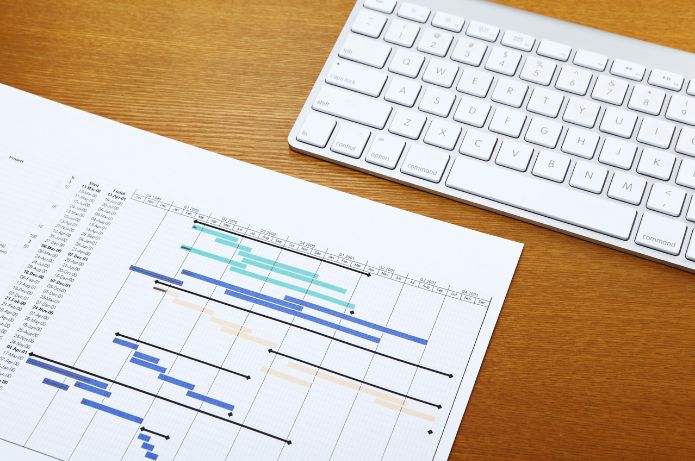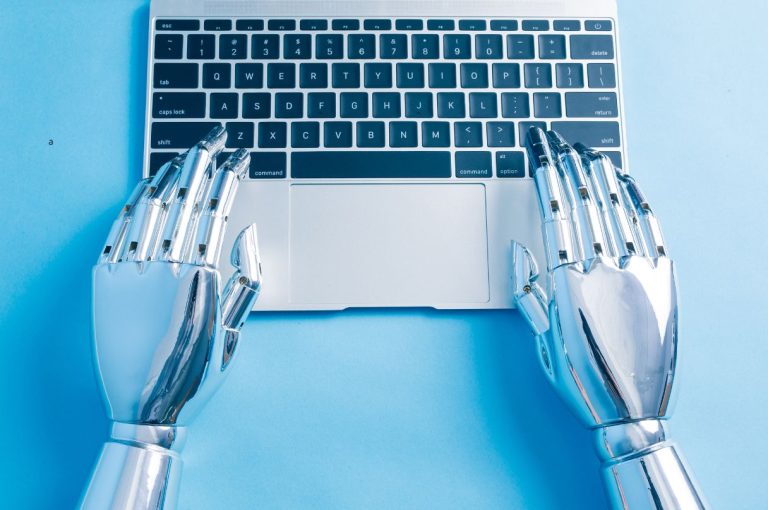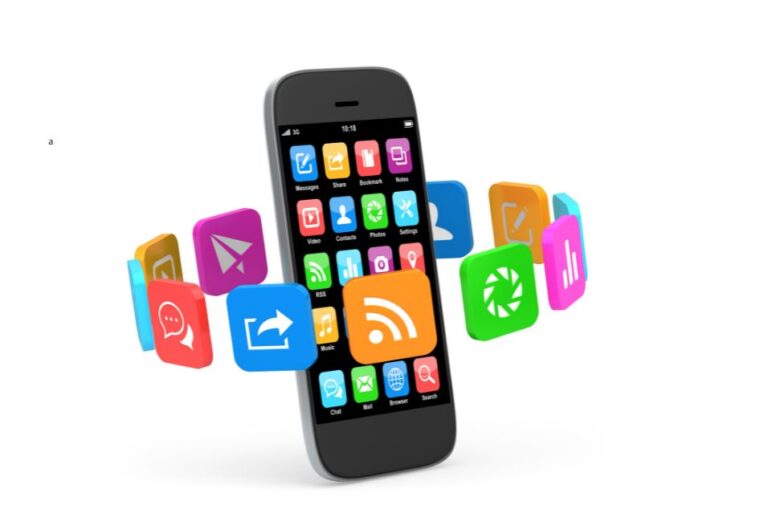With the celebration of Consumer Day, it is evident that consumer behavior has changed significantly in recent years, driven by technological evolution and the digitalization of retail. In the current scenario, where consumers are more informed and demanding, the expectation for fast, secure, and personalized shopping experiences has never been higher. This new consumer profile values companies that not only understand their needs but are also able to anticipate them.
In this context, the retail sector in Latin America has undergone a profound revolution: 87% of organizations already use or are in the process of adopting IT monitoring platforms.This transition reflects the growing need for operational efficiency and technological innovation as consumer expectations increase. With 80% of Brazilian companies integrating real-time monitoring systems, retail is at the forefront of this transformation.
One of the pillars when adopting solutions that optimize operations and ensure a competitive advantage is the use of a performance monitoring platform that has transformed the consumer experience and enabled proactive system maintenance, minimizing failures and optimizing payment transactions.
Digital transformation in retail and the impact on the consumer
Smart retail goes beyond merely digitizing operations. It is about integrating technologies that provide real-time insights, improving decision-making and the customer experience. For retail companies, the challenge is to ensure their systems and services operate with maximum efficiency and reliability to impact the customer as little as possible at the time of purchase. In the competitive landscape of smart retail, the ability to monitor and optimize IT infrastructure is a crucial differentiator.
According to research released by IDC Brasil – International Data Corporation, currently, 87% of organizations in Latin America use or plan to use IT monitoring platforms. On average, 43.2% of these organizations have more than five years of experience in using these platforms, while only 13.6% have limited experience. Furthermore, 62.1% of organizations in the region (80% in Brazil) integrate one or more IT monitoring systems into their technological processes. When analyzed by sector, 70% of telecommunications companies use exclusively one platform, while the retail sector shows greater diversity, with 25% using three or more solutions.
"Real-time monitoring is essential for smart retail, allowing the identification and resolution of issues before they affect the customer experience. For example, failing to detect payment failures that take a few extra seconds to load opens a 'door' for customers to seek out your competitor who is monitoring the business and seeking to resolve situations before they affect the end customer," emphasizes Luciano Alves, CEO LatAm of Zabbix.
Intelligent Monitoring: The competitive differential during Consumer Month
In the context of intelligent monitoring, a specific area of expertise in retail has played a fundamental role in welcoming and acquiring new customers, positively impacting both online and physical stores. This happens through a monitoring operation that functions 24 hours a day, 7 days a week.
"Monitoring allows companies to delve into layers never before explored by technical areas. We have clients where layered monitoring has been created, namely Infrastructure, Application, and Business. Through specific data collection, it is possible to translate the data into something understandable for all types of audiences, be they technical, commercial, or corporate," adds Luciano.
With detailed information such as response time, number of transactions per minute, revenue generated per system, and average ticket, companies can not only delight customers but also demonstrate how Open Source technology can evolve businesses beyond the basics, revealing the true value of monitoring in the digital age.
To access the complete research, visit the link: https://lp.zabbix.com/white-paper










